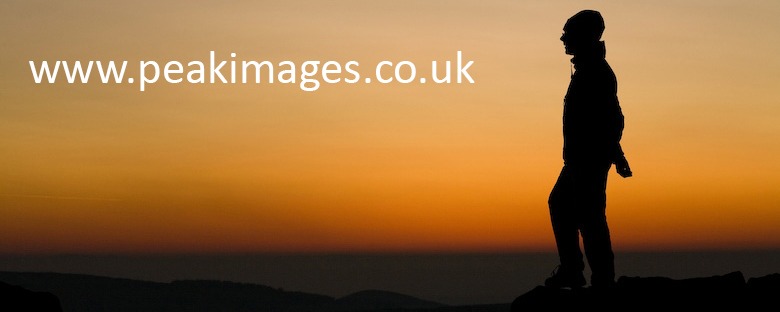- the ability to remove metadata (the copyright info within the image) is not made completely illegal
- the ability to get redress simply, quickly and cheaply for copyright infringements is not part of the Bill
But it may be that an Orphan Works licence (photographic or otherwise) will be harder to get than most of us photographers fear. After all, the Canadian Orphan Works System has been around since 1990, and by 2009 had granted less than 250 licences. That’s roughly 13 a year. Not many when compared to the billions of photos around on the net. So perhaps “diligent search” really does mean more to a court of law than it might sound to the average person.
Now there’s no guarantee that any Orphan Works system in the UK that eventually happens as a result from the Digital Economy Bill will take the same lines as Canadian system, but the fact that one country has managed to have such a system without opening the floodgates to widespread “legalised” abuse means that it may not be a total disaster. For me the jury’s still out. And a lot depends on how it actually gets implemented in practice.
There are still some serious issues with the Bill – this article by the CRA (Creators’ Rights Alliance – a group representing many creators, particularly including photographers and writers which has lobbied hard for photographers’ rights) highlights some of the major issues affecting photographers from the Digital Economy Bill – including “who represents photographers in orphan works licence negotiations, loss of metadata and inability to enforce copyright infringements” – all in a plain English summary of the issues. This article by EPUK also summarises many of those quite succinctly, and this one goes into more detail.
It’s not ideal, and it’s been rushed through far too soon before it’s problems have been ironed out (call me cynical, but with an election coming, both major UK parties have somewhat of a vested interest in pushing through this Bill – Labour seems unlikely to win a further election so what have they to lose, and if the Torys get in they’ll want this to be part of the “but that was something bad Labour created while they were in power – of course we wouldn’t do that!” package of legislation that’s already behind them, rather than a current hot potato.
Fingers crossed that it perhaps now isn’t quite as bad as first feared, and that it doesn’t quite open the floodgates to wholesale image piracy. Only time will tell.
